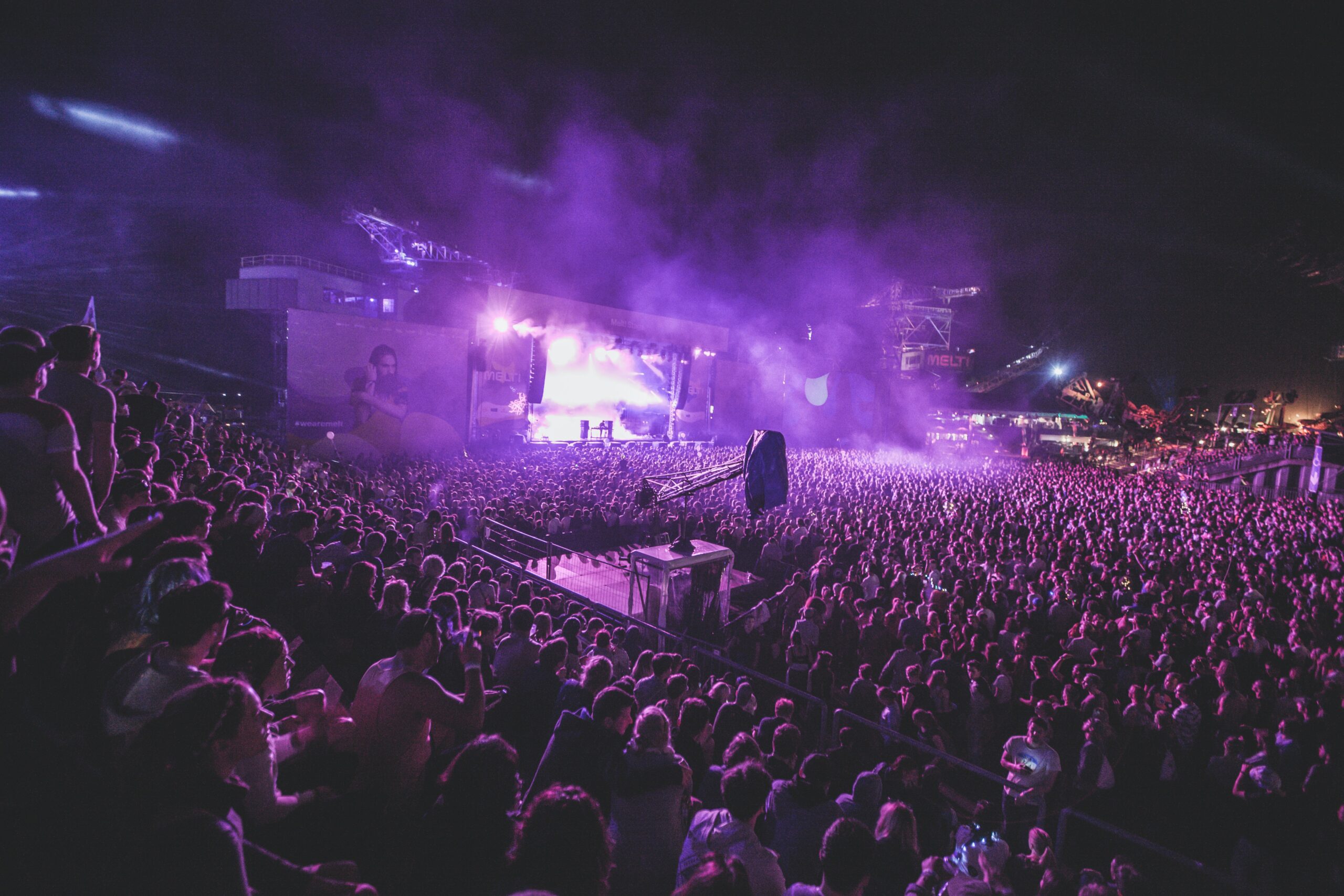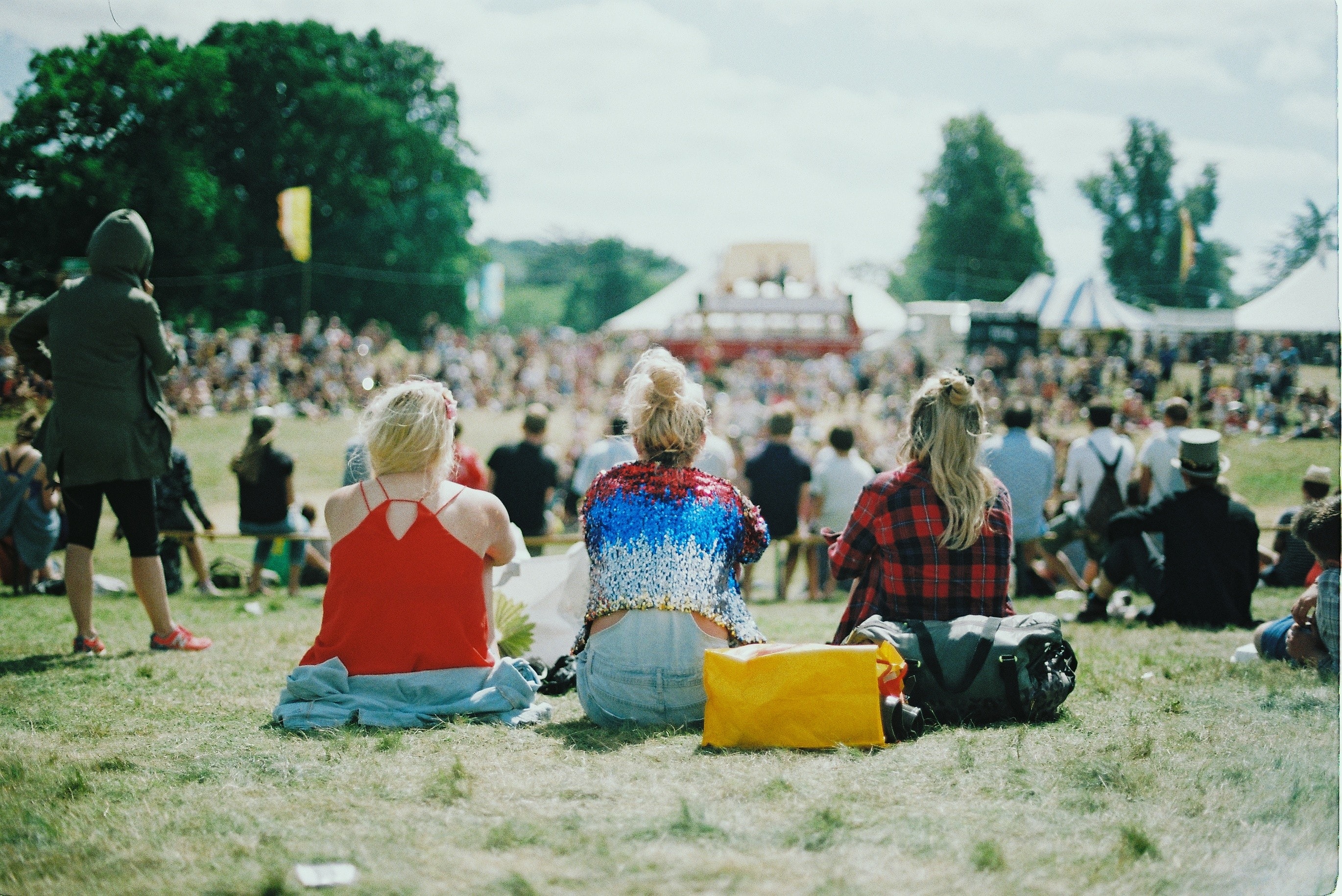More satisfaction with life
Deakin University, one of Australia's leading universities, surveyed 1,000 people and, using the information, published a study in spring 2017 that found that attending social events with music increases life satisfaction. That is, those who frequently attend concerts, festivals, flats, DJ parties and other such events feel happier in life than those who, for whatever reason, avoid such events. Concerts and festivals cannot replace listening to music through headphones alone, as listening to music requires being surrounded by other people and so does how the light gets in festival.

Using your smartphone to take images at concerts improves the experience.
Alas and ah, scientists indulge those folks who continually blocking your view of the stage by taking pictures of performers with their iPhones. A 2016 study by Yale University, University of Southern California, and University of Pennsylvania researchers showed that capturing live events like concerts improves the audience's overall experience. Also, sympathies to artists who find it annoying when spectators use their iPhones.
Lowering stress hormone levels
The impact of music on people has generally been researched for a long time, but for many years, psychological rather than physiological factors predominated the research. Recent scientific advancements have produced an increasing number of research demonstrating how music can impact the biochemistry of the human body. Prior to and following two concerts by composer and conductor Eric Whitacre, researchers from Imperial College London and the Royal College of Music took stress hormone measurements in 117 participants.
Extension of life
After reading the foregoing, it is simple to assume that attending concerts extends life expectancy. This seems to be a natural result of lower stress hormone levels and higher life satisfaction. But the stadium and event staff at London's O2 Arena made the decision to collaborate with renowned Goldsmiths University behavioral science expert Patrick Fagan and carry out a study. They came to the conclusion that going to a concert once every two weeks could add up to nine years to a person's lifespan.
Not only was the study done before and after a performance, but also before and after a yoga session and before and after a dog walk outside. Psychometric tests and pulse readings were also used. The findings revealed a 21% boost in life satisfaction following 20 minutes at the concert, a 10% rise following yoga, and a 7% increase following dog walking. You should attend concerts frequently for best outcomes, which is important. Patrick Fagan agreed with the Deakin University researchers that in order to experience the effect, music should be heard at the concert rather than over headphones, and that one should not anticipate immediate results.
Loss of hearing possible
To prevent suffering from temporary or permanent hearing loss, Wilco Grolman of Utrecht Medical University Teaching Hospital in the Netherlands and the World Health Organization advise bringing earplugs to music festivals and concerts. A research done on volunteers at an Amsterdam festival supported this assertion. With and without earplugs, each group listened to live music for 4.5 hours. When the volunteers' hearing was assessed once more, it was discovered that those whose eardrums had not been shielded experienced greater tinnitus and were five times more likely to experience temporary hearing loss than those who had earplugs in. It turns out that you should stock up on earplugs if you value your hearing but yet want to stand close to the amplifiers.



